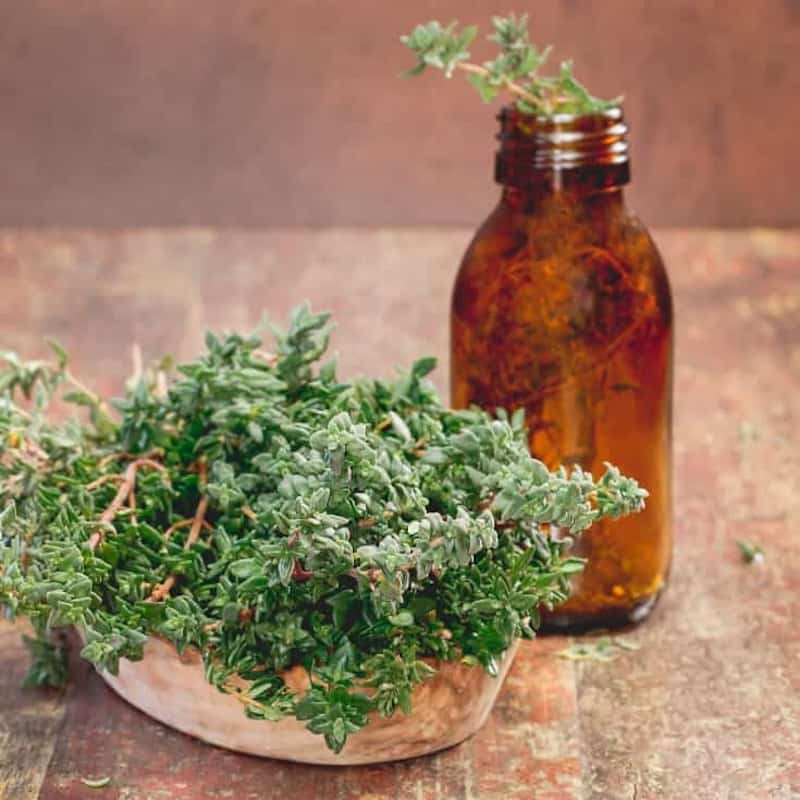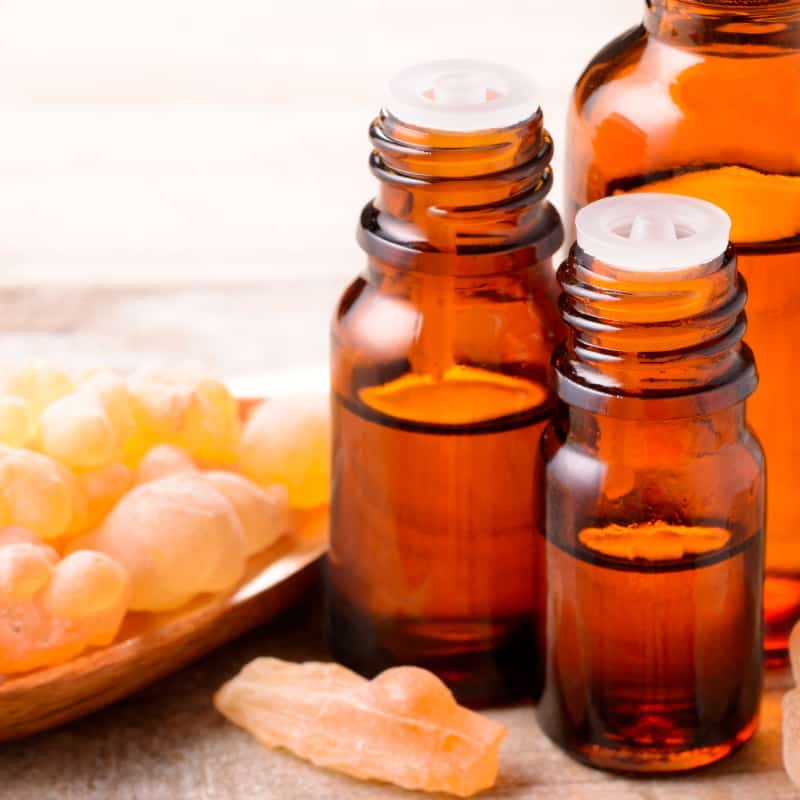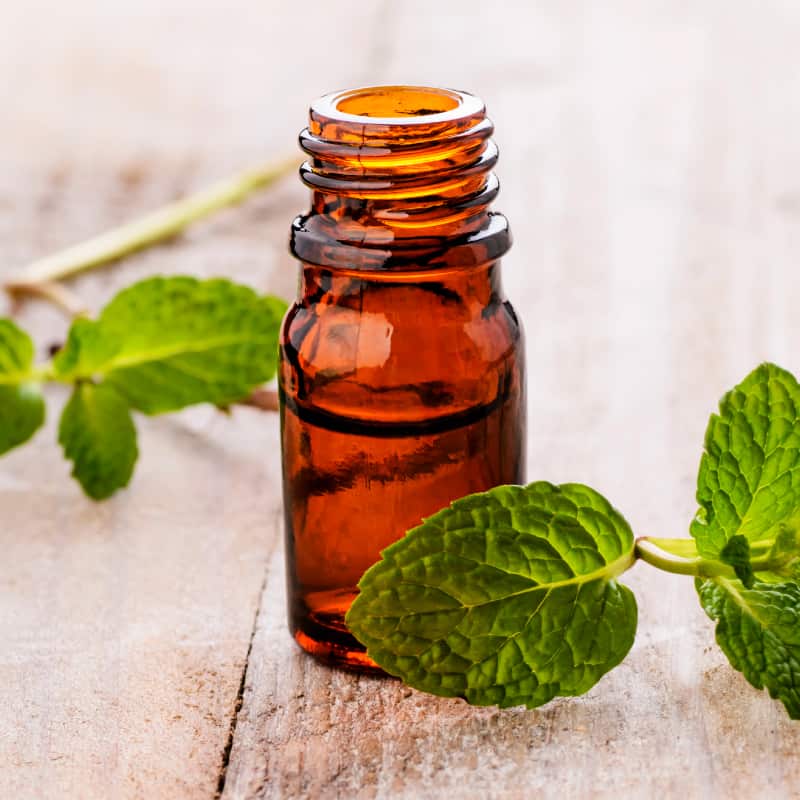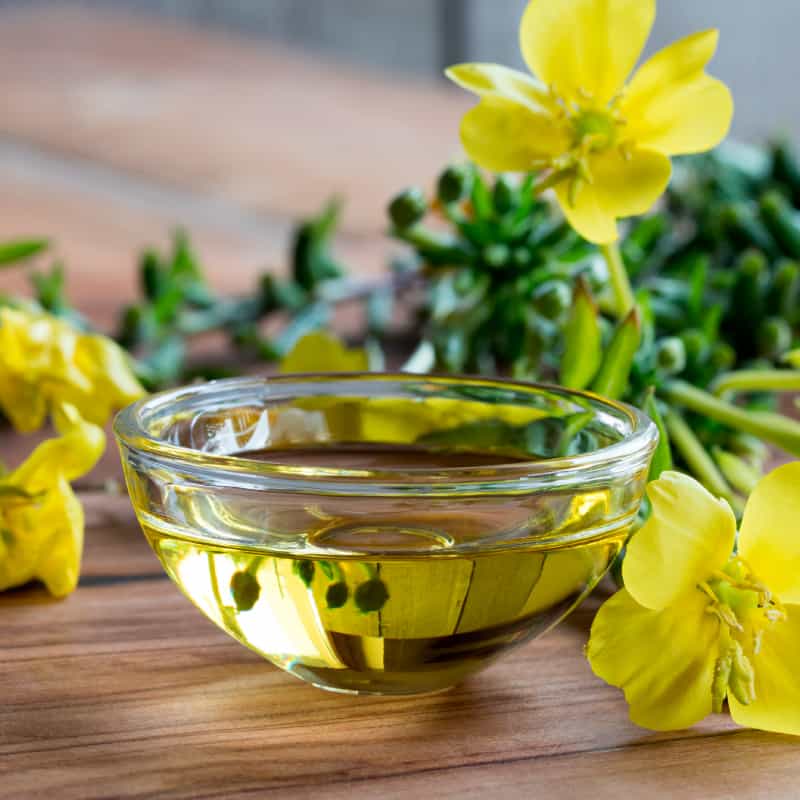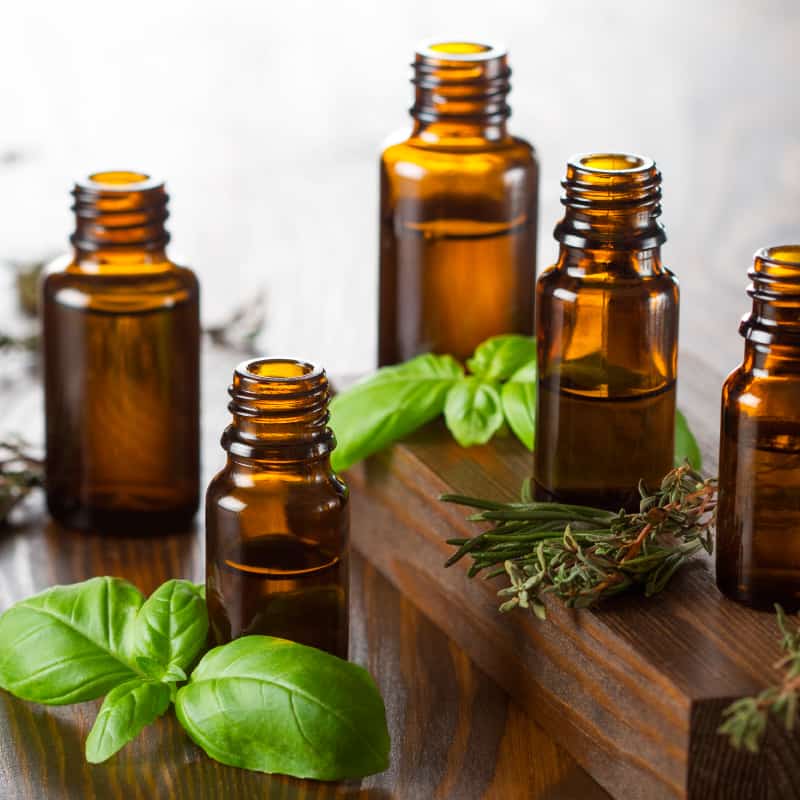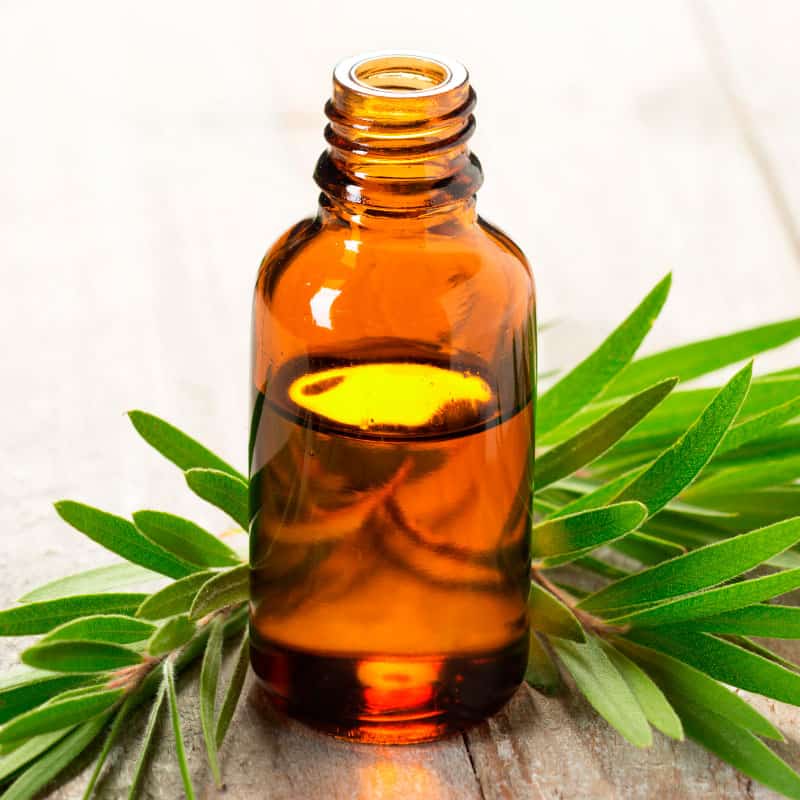This Dr. Axe content is medically reviewed or fact checked to ensure factually accurate information.
With strict editorial sourcing guidelines, we only link to academic research institutions, reputable media sites and, when research is available, medically peer-reviewed studies. Note that the numbers in parentheses (1, 2, etc.) are clickable links to these studies.
The information in our articles is NOT intended to replace a one-on-one relationship with a qualified health care professional and is not intended as medical advice.
This article is based on scientific evidence, written by experts and fact checked by our trained editorial staff. Note that the numbers in parentheses (1, 2, etc.) are clickable links to medically peer-reviewed studies.
Our team includes licensed nutritionists and dietitians, certified health education specialists, as well as certified strength and conditioning specialists, personal trainers and corrective exercise specialists. Our team aims to be not only thorough with its research, but also objective and unbiased.
The information in our articles is NOT intended to replace a one-on-one relationship with a qualified health care professional and is not intended as medical advice.
Bergamot Oil for Cleansing, Depression & Even Digestion
August 23, 2023
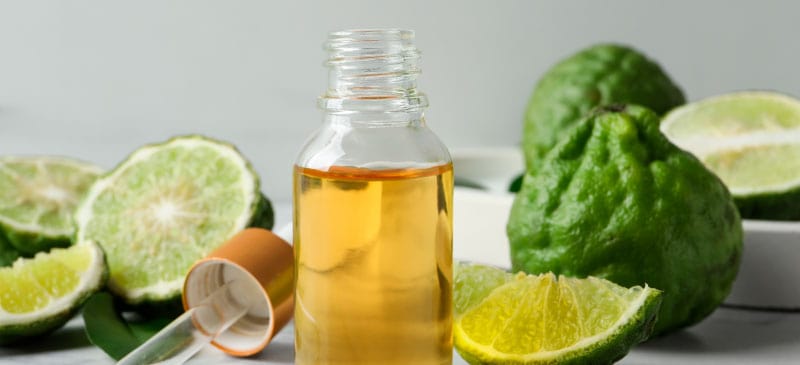
Known to build confidence and enhance your mood, bergamot oil is one of the best essential oils for depression, and it helps alleviate stress and anxiety. In Traditional Chinese Medicine, bergamot is used to help with the flow of vital energy so the digestive system can work properly, and it’s also used to prevent the growth of bacteria, relieve muscle pain and boost the health of your skin.
Yes, this is no one-trick pony!
Not only does bergamot oil boast some very impressive health benefits, but it’s also one of the main constituents for manufacturing perfumes due to its ability to balance the mix of aromas and harmonize all of the essences, thereby enhancing the fragrance. It’s also used by the pharmaceutical industry, both to absorb the unpleasant smells of medicinal products and for its antiseptic and antibacterial properties.
If you are looking for a sweet, yet spicy, citrus-like fragrance that will leave you feeling calm, confident and at peace, then give bergamot oil a try. Its benefits go far beyond its ability to boost your mood, too, with its positive effects on your cardiovascular, digestive and respiratory systems.
What Is Bergamot?
Where does bergamot oil come from? Bergamot is a plant that produces a type of citrus fruit (citrus bergamot), and its scientific name is Citrus bergamia. It’s defined as a hybrid between a sour orange and lemon, or a mutation of lemon.
The oil is taken from the peel of the fruit and used to make medicine. Bergamot essential oil, like other essential oils, can be steam-distilled or extracted through liquid CO2 (known as “cold” extraction). Many experts support the idea that cold extraction helps preserve more active compounds in essential oils that may be destroyed by the high heat of steam distillation.
The oil is commonly used in black tea, which is called Earl Grey.
Although its roots can be traced back to Southeast Asia, bergamot was more widely cultivated in the southern part of Italy. The essential oil was even named after the city of Bergamo in Lombardy, Italy, where it was originally sold.
In folk Italian medicine, it was used for reducing fever, fighting parasitic diseases and relieving sore throat. Bergamot oil is also produced in the Ivory Coast, Argentina, Turkey, Brazil and Morocco.
There are a number of a surprising health benefits from using this essential oil as a natural remedy. Bergamot oil is antibacterial, anti-infectious, anti-inflammatory and antispasmodic. It’s uplifting, improves your digestion and keeps your system working properly.
Bergamot Oil Benefits and Uses
1. Helps Relieve Depression
There are many signs of depression, including fatigue, sad mood, low sex drive, lack of appetite, feelings of helplessness and disinterest in common activities. Each person experiences this mental health condition in a different way.
The good news is that there are natural remedies for depression that are effective and get to the root cause of the problem. This includes components of bergamot essential oil, which have antidepressant and stimulating qualities. It is known for its ability to promote cheerfulness, feelings of freshness and increased energy by improving the circulation of your blood.
A study conducted in 2011 suggests that applying blended essential oils to participants helps in treating symptoms of depression and anxiety. For this study, the blended essential oils consisted of bergamot and lavender oils, and participants were analyzed based on their blood pressure, pulse rates, breathing rates and skin temperature. In addition, subjects had to rate their emotional conditions in terms of relaxation, vigor, calmness, attentiveness, mood and alertness in order to assess behavioral changes.
Participants in the experimental group applied the essential oil blend topically to the skin of their abdomens. Compared with the placebo, blended essential oils caused significant decreases of pulse rate and blood pressure.
At the emotional level, subjects in the blended essential oils group rated themselves as “more calm” and “more relaxed” than subjects in the control group. The investigation demonstrates the relaxing effect of a mixture of lavender and bergamot oils, and it provides evidence for use in treating depression or anxiety in humans.
A 2017 pilot study found that when bergamot oil was inhaled for 15 minutes by women in the waiting room of a mental health treatment center, bergamot exposure improved the positive feelings of participants in the experimental group.
Not only that, but in 2022 randomized, controlled trial examining depressive mood and sleep quality in postpartum women, researchers concluded that “the results of this study support the effectiveness of bergamot essential oil aromatherapy in alleviating depressive mood in postpartum women. In addition, the results provide a practical reference for clinical postpartum nursing care.
To use bergamot oil for depression and mood changes, rub one to two drops into your hands, and cupping your mouth and nose, breathe in the scent of the oil slowly. You can also try rubbing two to three drops on your stomach, back of neck and feet, or diffusing five drops at home or work.
2. Can Lower Blood Pressure
Bergamot oil helps maintain proper metabolic rates by stimulating hormonal secretions, digestive juices, bile and insulin. This aids the digestive system and enables proper absorption of nutrients. These juices also assimilate the breakdown of sugar and can lower blood pressure.
A 2006 study involving 52 patients with hypertension indicates that bergamot oil, in combination with lavender and ylang ylang, can be used to reduce psychological stress responses, serum cortisol levels and blood pressure levels. The three essential oils were blended and inhaled daily for four weeks by patients with hypertension.
Researchers found that the blood pressure, pulse, stress and anxiety levels, and cortisol levels were significantly different than those found in the placebo and control groups.
To help reduce your blood pressure and pulse rate, diffuse five drops of bergamot at home or work, or apply two to three drops topically to your temples and abdomen.
3. May Prevent and Fight Infections
Bergamot oil is used in skin soaps because it helps inhibit the growth of bacteria and fungi. According to a review published in Frontiers in Pharmacology, it has been reported that this essential oil can inhibit the growth of Campylobacter jejuni, Escherichia coli, Listeria monocytogenes, Bacillus cereus and Staphylococcus aureus.
In vitro studies also show that bergamot oil may play a potential role in the topical treatment of candida infections. In addition to this, lab studies indicate that components of this oil, most notably linalool, are effective against common foodborne pathogens.
To take advantage of this amazing benefit, diffuse five drops, or apply two to three drops topically to your throat, abdomen and feet.
4. Helps Relieve Stress and Anxiety
Bergamot oil is a relaxant — it reduces nervous tension and works as a stress reliever and natural remedy for anxiety. A study published in Complementary Medicine Research indicates that when healthy females are exposed to bergamot oil vapors, they displayed psychological and physiological effects.
The volunteers were exposed to three experimental setups: rest alone, rest and water vapor, and rest and bergamot essential oil vapor for 15 minutes. Saliva samples were collected immediately after each setup, and the volunteers completed profiles on their current mood, anxiety levels and fatigue levels.
Researchers found that the salivary cortisol levels were significantly lower in the bergamot group than in the rest alone group, and the bergamot group had improved negative emotions and fatigue scores. It was concluded that inhaling bergamot essential oil vapors exerts psychological and physiological effects in a relatively short period of time. No wonder it is one of the top essential oils for anxiety.
To relieve stress and anxiety using this oil, diffuse five drops at home or work, inhale the oil directly from the bottle or apply two to three drops topically to your temples and back of neck. You can also try a DIY Stress Reducing Solution that’s made with bergamot, lavender, frankincense and myrrh essential oils.
5. Can Alleviate Pain
Bergamot oil is a great way to reduce the symptoms of sprains, muscle aches and headaches. Instead of relying on painkillers that have nasty side effects, use this safe and natural oil to reduce pain and tension.
Research shows that bergamot oil has analgesic effects and can be used in complementary medicine to minimize tension in the body.
A review of pharmacological studies published in the International Journal of Molecular Sciences found that linalool — a component found in bergamot, lavender and rosewood oils — possesses several pharmacological activities, including anti-inflammatory, analgesic and anticonvulsant effects. Researchers believe that this may be due to linalool’s ability to block effects on pain receptors and inhibit the release of substance P, a compound that’s involved in the transmission of pain and other nerve impulses.
To reduce pain, rub five drops of bergamot oil on sore muscles or where you feel tension. To cover a larger surface area, combine it with a carrier oil like coconut oil.
6. Boosts Skin Health
Bergamot oil has soothing, antiseptic, antibacterial and anti-inflammatory properties, so it works well to boost the health of your skin when applied topically. This essential oil can be used to get rid of scars and marks on the skin, tone the skin, and soothe skin irritations. In Italian folk medicine, it was used to facilitate wound healing and was added to homemade skin disinfectants.
To improve the health of your skin or promote healing, put five drops of bergamot oil on a cotton ball or pad, and rub it on the infected area. You can also add 10 drops to your warm bath water — the benefits of a bergamot oil bath go way beyond your skin. It’s great for your mood and reducing built-up tension.
7. Aids Digestion
In Traditional Chinese Medicine, bergamot peels and the whole fruits were used to treat indigestion. Bergamot oil is known to stimulate digestive juices, and it has soothing properties that can help to aid digestion. Some research even suggests that bergamot oil can be useful when fighting food poisoning because of its anti-bacterial properties.
To ease digestion and help to regulate your appetite, rub five drops of bergamot oil onto your stomach.
8. Works as Natural Deodorant
Bergamot oil prevents the growth of germs that cause body odor. The refreshing and citrusy smell of bergamot oil is used as a natural deodorant and air freshener. The strong scent eliminates odors on the body or in a room.
You can add two to three drops of bergamot oil to the deodorant you already use every day, or you can even add the oil directly to your armpits. Many companies also include bergamot oil in their perfumes and colognes.
Try making your own fragrance with bergamot oil by combining it with your favorite scents. Some great options include lemon, cedarwood and sandalwood oils. You also can use this recipe for homemade men’s cologne.
9. May Help Reduce Fever
Bergamot essential oil fights infections caused by harmful bacteria. It also reduces body temperature by alleviating stress and stimulating hormone secretions.
The feeling of warmth that happens when your cortisol levels are elevated leads to sweat and increased body heat, and research shows that bergamot helps reduce cortisol levels, thereby helping reduce fever in some cases.
To get rid of a fever by fighting infections, relieving stress and reducing cortisol levels, simply diffuse five drops of bergamot oil at home, or apply two to three drops topically to your temples, back of neck and bottoms of your feet.
10. Boosts Oral Health
Bergamot oil helps infected teeth by removing germs from your mouth when used as a mouthwash. It also protects your teeth from developing cavities because of its germ-fighting properties.
It may even help prevent tooth decay, which is caused by bacteria that live in your mouth and produce acids that destroy tooth enamel. By preventing the growth of bacteria, it is an effective tool for reversing cavities and helping with tooth decay.
To boost oral health, rub two to three drops of bergamot oil onto your teeth, or add one drop to your toothpaste.
11. Fights Respiratory Conditions
Bergamot oil has antimicrobial properties, so it can help prevent the spread of foreign pathogens that lead to respiratory conditions. For this reason, the essential oil can be useful when battling a common cold, and it works as a natural home remedy for cough.
To use bergamot oil for respiratory conditions, diffuse five drops at home, or inhale the oil directly from the bottle. You can also try rubbing two to three drops on your throat and chest.
Drinking Earl Grey tea, which is made with bergamot extract, is another option.
12. Helps Lower Cholesterol
Is bergamot oil good for cholesterol? Research does suggest that bergamot oil may help lower cholesterol naturally.
A six-month prospective study involving 80 participants sought to measure the beneficial effects of bergamot extract on cholesterol levels. Researchers found that when a bergamot-derived extract was given to participants for six months, it was able to reduce total cholesterol levels, triglycerides and LDL cholesterol levels, and increase HDL cholesterol.
Risks and Side Effects
Bergamot essential oil is safe for most people when added to food or applied topically in small amounts. Although the oil has been used extensively for many years, there have only been a few reports of phototoxic reactions to bergamot aromatherapy oil.
If you are wondering if bergamot oil is toxic, the answer is no — not when it’s used correctly. It may make the skin sensitive to the sun and more vulnerable to skin cancer — people who work with bergamot can develop skin problems, including blisters, scabs, pigment spots, rashes, sensitivity to the sun and cancerous changes.
Because bergamot oil might increase your sensitivity to sunlight, applying it topically along with medication that increases sensitivity to sunlight could increase the chances of sunburn, blistering or rashes on areas of skin exposed to sunlight. Be sure to wear sunblock and protective clothing when spending time in the sun, especially if you use these types of medications.
There have been serious side effects in children who have taken large amounts of bergamot oil, so, as always, use caution when using this essential oil on or around your children.
Bergamot oil may lower blood sugar levels in people with diabetes. This could affect blood sugar control and cause blood sugar levels to go too low. If you use bergamot oil and have diabetes, make sure to monitor your blood sugar levels regularly.
If you are scheduled to have surgery, stop using bergamot oil at least two weeks beforehand, as it may interfere with blood sugar control during the procedure.
Final Thoughts
- Bergamot is a plant that produces a type of citrus fruit, and its scientific name is Citrus Bergamia. It’s defined as a hybrid between a sour orange and lemon, or a mutation of lemon, and its scent is both sweet and spicy.
- There are a number of a surprising health benefits from using its essential oil as a natural remedy. This oil has antibacterial, anti-infectious, anti-inflammatory and antispasmodic properties. It can be used to improve the health of your skin, while also aiding digestion, improving your mood and killing bacteria.
- What are the benefits of bergamot essential oil? The top benefits include its ability to help:
- relieve depression
- lower blood pressure
- prevent and fight infections
- relieve stress and anxiety
- alleviate pain
- boost skin health
- aid digestion
- work as a natural deodorant
- relieve fever
- boost oral health
- fight respiratory conditions
- reduce cholesterol levels

